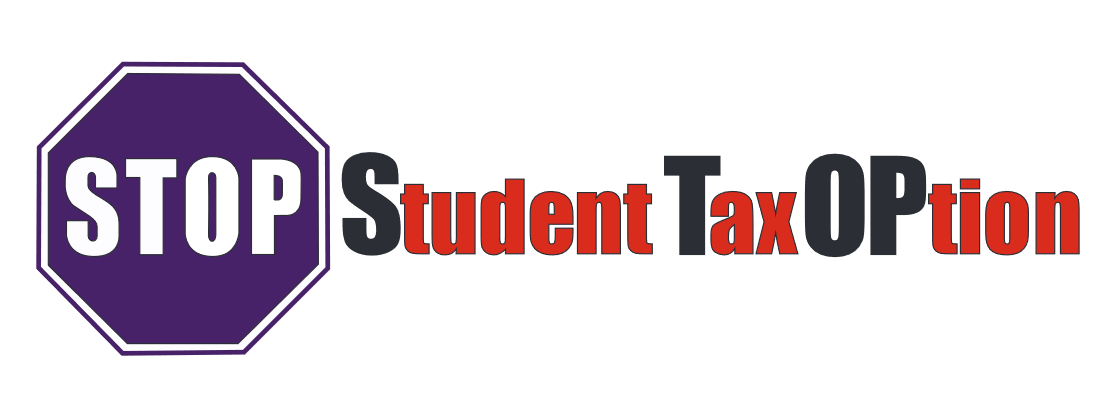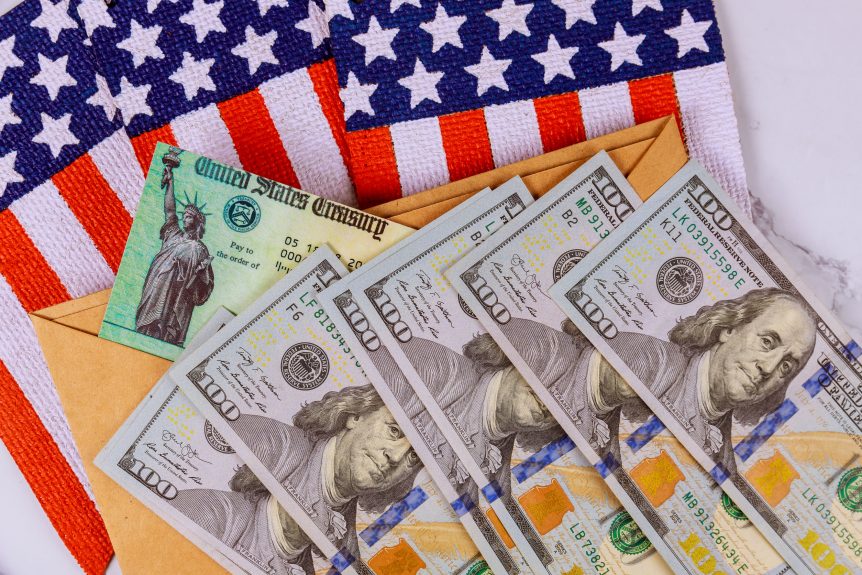The second round of stimulus checks will soon be arriving to millions of Americans, including those with defaulted student loans, thanks to the CARES Act. A temporary pause will ensue regarding paying back those loans for the time being. In addition, these Americans won’t be penalized by the IRS and will also not have their social security payments or income be suppressed for almost half a year.
With 45 million Americans currently owing a collective $1.6 trillion on account of student loan debt, this should come as a serious sigh of relief. However, this should also come with a plan of action of how to address those loans when payment begins again in the fall.
Student Loan Hero loan counselor Andrew Pentis advises to “think of a game plan to ensure you come out of this better for it rather than being stuck in the same situation” as before. He also recommends those with student loan debt to “keep up with the news so you know what relief programs you may be eligible for.”
While money will not be taken out of the stimulus check because of student loans, some Americans will not be issued a check if they still owe money based on child support.
It is also important for those with student loan debt to double check with their lenders to ensure they are in fact eligible for the momentary suspension of payment. For example, guaranty agencies or private lenders may not allow those with debt to hold off on paying back their loans, depending on if they have taken a major hit financially due to the pandemic.
In this case, contacting the lenders would be a wise move, as they may be able to find a collections agent to be of assistance. Another reason, according to Pentis, is “because scams have run rampant, particularly targeted toward student loan borrowers who are in default and are looking for any solution.”
Tax refunds, Social Security assistances, and other earnings will also return to those with student debt if they were previously denied due to being defaulted on March 13 or beyond. $1.8 billion in loans collected by the Department of Education in the middle of March will also be refunded to the borrowers, effectively suspending for 60 days.
In regards to pausing wage garnishment, it is ultimately up to an employer to adjust the paycheck amounts of their employees with debt. These employers will be supervised as they do so, and employees can contact an HR department if their places of work do not comply with this pause.
During difficult times, Americans in debt shouldn’t have to stress out more than they do about their loans, and these actions thankfully provide a way to quell these concerns for the time being.

